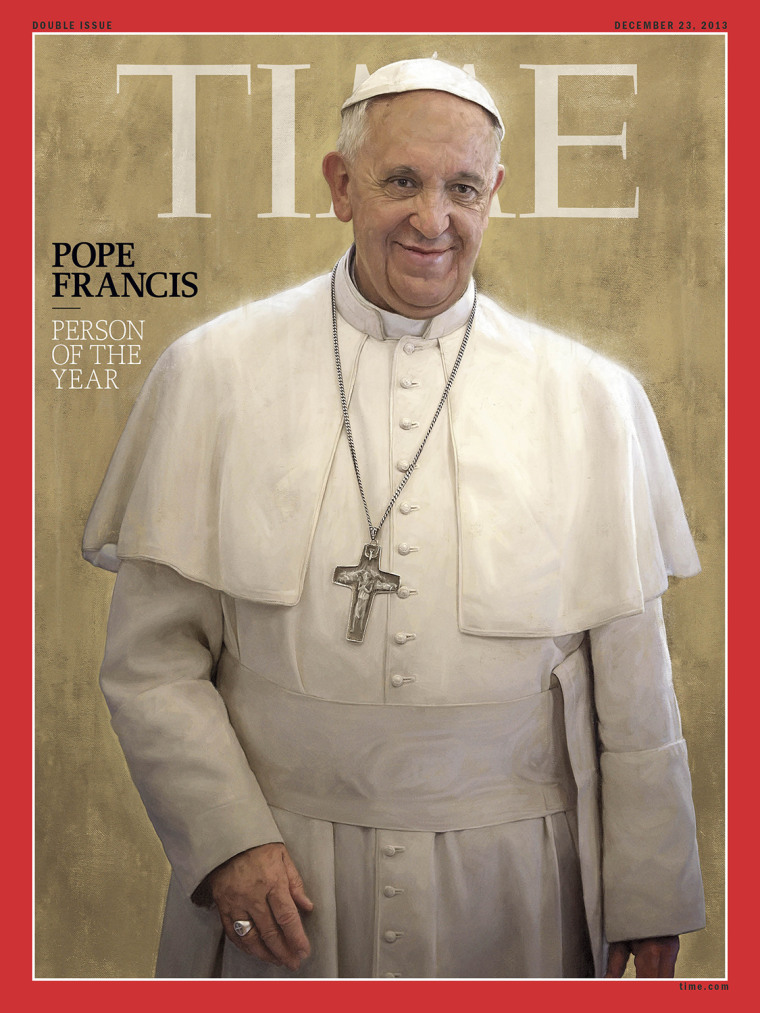From Where Is Pope Francis? Discover the Humble Beginnings of the Beloved Leader. Pope Francis, a name that resonates with millions across the globe, is known not just for his profound teachings but also for his humble origins. Born in Buenos Aires, Argentina, he represents a significant shift in the leadership of the Roman Catholic Church, marking the first pope from the Americas and the Jesuit order.
Pope Francis's journey from a young boy in Buenos Aires to the leader of one of the world's largest religious organizations is nothing short of remarkable. His life story inspires many, showcasing how a simple background can lead to extraordinary achievements. Let's delve into the details of his life, understanding what makes him such a beloved figure worldwide.
The Roots of Leadership
Born Jorge Mario Bergoglio on December 17, 1936, in Buenos Aires, Argentina, Pope Francis grew up in a family of Italian immigrants. His early years were marked by a strong sense of community and faith, which laid the foundation for his future role as a spiritual leader. The neighborhood where he spent his childhood was diverse, fostering an environment of inclusivity that would later influence his papal policies.
Young Jorge attended technical school and worked briefly as a chemical technician before entering the seminary. This period of his life provided him with practical skills and a deeper understanding of the world beyond the confines of religious studies. His decision to pursue priesthood was influenced by a transformative experience during a retreat when he felt a divine calling.
As a young priest, he quickly rose through the ranks within the Jesuit order, eventually becoming the Archbishop of Buenos Aires in 1998. His tenure was characterized by a commitment to social justice and pastoral care, setting the stage for his eventual election as pope.
A New Era for the Vatican
In March 2013, Jorge Mario Bergoglio was elected as the 266th pope, adopting the name Francis in honor of Saint Francis of Assisi. His choice of name symbolized his dedication to humility, simplicity, and care for the environment. As the first pope from the Western Hemisphere, his election marked a historic moment for the Catholic Church, reflecting a shift towards greater global representation.
Pope Francis’s papacy has been defined by a series of groundbreaking initiatives aimed at modernizing the church. He has championed issues such as climate change, economic inequality, and interfaith dialogue, earning praise from both Catholics and non-Catholics alike. His encyclical Laudato si’ (2015) is a testament to his commitment to addressing environmental challenges, urging humanity to act as stewards of the Earth.
Moreover, his efforts to reform the Vatican bureaucracy and promote transparency have been notable. By advocating for a more inclusive church, he has encouraged open dialogue among clergy and laity, emphasizing the importance of listening to the voices of all members of the faithful.
Reaching Out to the Marginalized
Throughout his papacy, Pope Francis has consistently reached out to marginalized communities, demonstrating compassion and solidarity. His visits to prisons, refugee camps, and impoverished neighborhoods highlight his dedication to serving those on the peripheries of society. These acts of kindness reflect his belief that the church should be a place of welcome and healing for all.
He has also taken significant steps to address the issue of clergy sexual abuse, acknowledging the pain suffered by victims and implementing measures to ensure accountability within the church. This commitment to justice and reconciliation underscores his vision of a church that is both merciful and transparent.
In addition to his focus on social justice, Pope Francis has emphasized the importance of unity among Christians and dialogue with other religions. His outreach to Muslim leaders and participation in interfaith events exemplify his desire to build bridges and foster mutual respect in a world often divided by differences.

